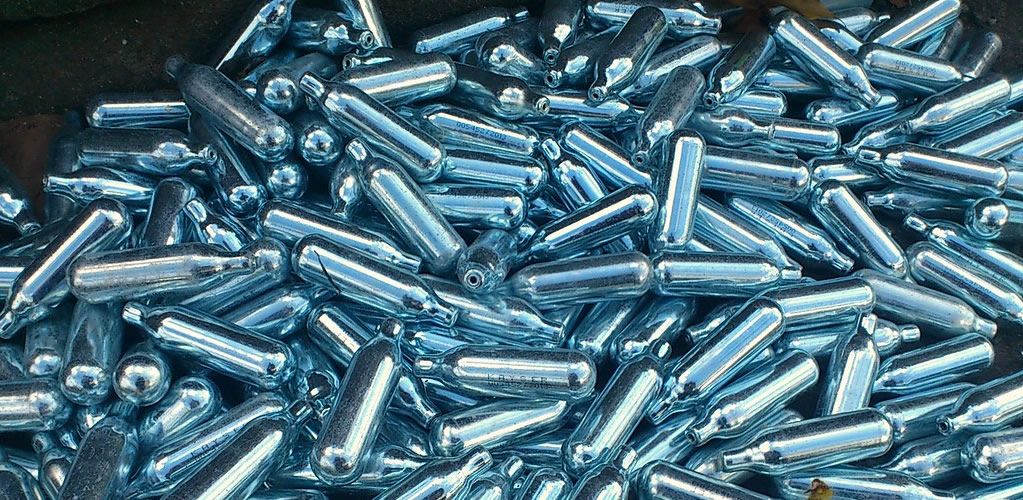Nitrous oxide ban: What the Dutch do in January, the Brits do in March
The Netherlands and Britain plan to ban laughing gas to stop drug use in parks and address antisocial behaviour caused by the drug.

The Netherlands and Britain plan to ban laughing gas to stop drug use in parks and address antisocial behaviour caused by the drug.
A t the start of the year, the Netherlands’ ban on the sale, import and possession of laughing gas or nitrous oxide (No) came into effect.
Three months later, the British government plans to ban the sale of laughing gas.
Better late than never.
It’s part of a major initiative to stop parks and other public spaces in Britain from openly becoming drug-taking arenas, with the users implicitly taking away the message that society accepts their actions and will not intervene.
Finally, in 2023, Britain’s Conservative government is setting out to address antisocial behaviour. Michael Gove, who holds the Levelling up portfolio — terminology that harks back to the days of Boris boosterism — has explained the whys and wherefores of the laughing gas ban.
He said:
Hear, hear, Mr Gove. As an active member of a neighbourhood community that organises itself to build a support network as well as bi-monthly litter picks, seasonal charity fund-raising events and potluck meet-and-greets, I can attest to how ubiquitous and plentiful these little silver canisters are. On the roadside, they lie in glittery little heaps, a sign that mainly young people are using Nos, slang for nitrous oxide, without realising that it can starve the body of a crucial vitamin and oxygen and cause life-changing nerve damage and suffocation.
Sometimes we also find the larger canisters. Just the other day, in fact, we collected six large canisters, one of which was fairly full.
Nitrous oxide is used to achieve a half-minute high. There are a number of associated health and social problems, which is why the Dutch decided to legislate last year against recreational Nos use.
In Britain, Nos use and hassle-free availability has soared. Earlier this month, Sky News said it had conducted an undercover investigation of shops that had been reported to West Midlands Police for the suspected illegal sale of nitrous oxide. Sky’s reporter found it incredibly easy to buy the larger canisters that retail at £30 each.
The TV channel said:
“‘She leaned down to pick up a canister bigger than a hairspray can from below the counter, popped it in a shopping bag, and offered a receipt for our £30 purchase.
“‘The next shop we entered took us through a door in the back to their stack of nitrous oxide canisters. They asked us to hand them our rucksack, and they put the canister inside, no questions asked.
“‘The shops didn’t ask how old we were or what we intended to do with the nitrous oxide, every shop added in a packet of party balloons which are commonly used to inhale the gas’.”
Go figure.

— AUTHOR —

|
▫ Rashmee Roshan Lall, Journalist by trade & inclination. World affairs columnist. |

|

|

|
Sources
▪ Text: This piece was originally published in Medium and re-published in PMP Magazine on 27 March 2023, with the author’s consent. | The author writes in a personal capacity.
▪ Cover: Flickr/Rob Brewer. - Nitrous oxide, or laughing gas. (Licensed under a Creative Commons Attribution-ShareAlike 4.0 International License.)






[Read our Comments Guidelines]